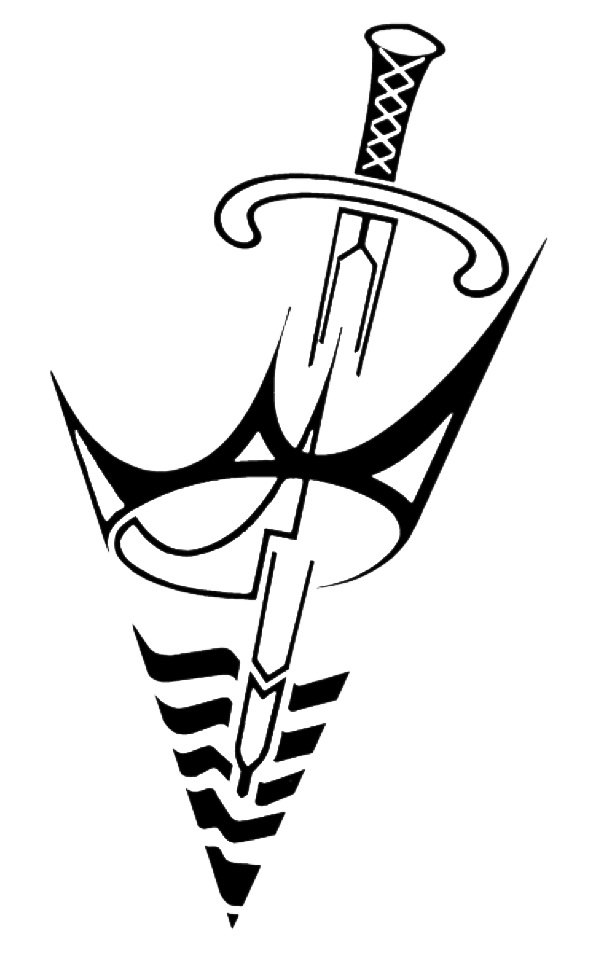About the author:
Carol Lake
Carol Lake won the Guardian Fiction Award for her first book Rosehill – Portraits from a Midlands City, and much acclaim for her second book Switchboard Operators, which subsequently became a television series by the same name. Both books were highly praised by critics and went on to become successful publications in hardback and paperback.
The author left school at 15, but went on to gain A-levels in English Literature and History. She has worked as a switchboard operator, run a secondhand bookshop and has been an assistant editor of a weekly news-sheet, as well as a typist, receptionist and nurse. More recently she has run a poetry class for juniors in the inner city of Derby.
Apart from her novels she also writes occasional columns for various newspapers and magazines.




